

HOTEL AI REALI
SUSTAINABILITY REPORT 2024

LETTER FROM THE DIRECTOR
HOW TO READ THIS REPORT AND GUIDELINES
OUR NUMBERS
OUR COMMITMENT TO SUSTAINABILITY
OUR CONTRIBUTION TO THE SUSTAINABLE DEVELOPMENT GOALS (SDGs)
COMPANY PROFILE

LETTER FROM THE DIRECTOR
Il 2024 ha rappresentato per l’Hotel Ai Reali un periodo di crescita significativa e di rafforzamento della propria identità, fondata su qualità, accoglienza responsabile e rispetto per il contesto unico in cui operiamo: la città di Venezia.
For Hotel Ai Reali, 2024 was a period of significant growth and strengthening of its identity, based on quality, responsible hospitality and respect for the unique context in which we operate: the city of Venice.
In un mercato turistico sempre più competitivo e sensibile alle tematiche ambientali e sociali, il nostro impegno per una gestione sostenibile ha generato risultati concreti, confermando la solidità del nostro modello e la coerenza delle nostre azioni.
Condividere questo percorso attraverso il Bilancio di Sostenibilità rappresenta per noi un atto di responsabilità e trasparenza nei confronti di tutti gli stakeholder.
In an increasingly competitive tourism market that is sensitive to environmental and social issues, our commitment to sustainable management has generated results, confirming the soundness of our model and the consistency of our actions. Sharing this journey through the Sustainability Report is an act of responsibility and transparency towards all our stakeholders.
Durante l’anno, l’attività operativa ha registrato un incremento del 13,9% nel valore della produzione, a fronte di un aumento più contenuto dei costi. Questo ha permesso di migliorare significativamente la marginalità, con una crescita del 36% del margine operativo lordo rispetto all’anno precedente. A questi risultati si aggiunge una progressiva riduzione dell’indebitamento finanziario, che testimonia la stabilità della nostra struttura patrimoniale.
During the year, operating activities recorded a 13.9% increase in production value, compared with a more modest increase in costs. This led to a significant improvement margins, with a 36% increase in gross operating profit compared with the previous year. These results were accompanied by a gradual reduction in financial debt, demonstrating the stability of our capital structure.
Alongside our economic performance, we have resolutely pursued our commitment to environmental, social and cultural sustainability. We have continued to monitor and reduce our energy and water consumption, promote local suppliers, select materials with low environmental impact and encourage conscious behaviour among guests and employees.
Parallelamente alla performance economica, abbiamo portato avanti con determinazione il nostro impegno verso la sostenibilità ambientale, sociale e culturale. Abbiamo proseguito nel monitoraggio e nella riduzione dei consumi energetici e idrici, nella valorizzazione dei fornitori locali, nella selezione di materiali a basso impatto ambientale e nella promozione di comportamenti consapevoli tra ospiti e collaboratori.
Our team, made up of people from different backgrounds, has continued to be our greatest strength. A focus on gender equality, opportunities for growth, continuous training and workplace safety has guided every organisational decision.
Il nostro team, composto da persone provenienti da differenti contesti, ha continuato a rappresentare la nostra forza più grande. L’attenzione alla parità di genere, alle opportunità di crescita, alla formazione continua e alla sicurezza nei luoghi di lavoro ha guidato ogni scelta organizzativa.
Looking ahead, we are aware that sustainability is not a static goal, but a continuous process that requires consistency, innovation and vision. It is our intention to continue along this path, strengthening the virtuous practices already adopted and identifying new opportunities to generate shared value.
Guardando avanti, siamo consapevoli che la sostenibilità non è un obiettivo statico, ma un processo continuo che richiede coerenza, innovazione e visione. È nostra intenzione proseguire lungo questo percorso, rafforzando le pratiche virtuose già adottate e individuando nuove opportunità per generare valore condiviso.
On behalf of the entire organisation, I would like to thank those who contribute their passion and expertise to this project every day, and those who continue to choose us, supporting our vision of authentic, attentive and respectful hospitality.
A nome di tutta l’organizzazione, ringrazio chi ogni giorno contribuisce con passione e competenza a questo progetto, e chi continua a sceglierci, sostenendo la nostra visione di un’ospitalità autentica, attenta e rispettosa.
Director Luca Corazza

HOW TO READ THIS REPORT
We believe in a growth model that combines economic strength, respect for the environment and attention to people's well-being, both inside and outside our organisation. This approach reflects our values and guides our daily choices, in the belief that sustainability is a strategic lever for the future.
We are proud to present the third edition of our Sustainability Report, a tool that transparently describes the actions, results and commitments we pursue in three key areas: economic, social and environmental.
The report is prepared in accordance with the international standards of the Global Reporting Initiative (GRI), recognised as the global benchmark for sustainability reporting. This allows us to clearly measure the progress we have made and focus our attention on truly relevant issues, such as:
Guest and employee satisfaction, the cornerstone of our reputation and service quality;
Our commitment to reducing our environmental impact through measures relating to energy, resources and waste;
Support for the local area and communities, enhancing relationships and shared projects;
The consolidation of economic results that guarantee the stability of the company and its ability to invest in the future.
The 2024 Sustainability Report covers the period from 1 January to 31 December 2024, unless otherwise indicated. It is available in digital format on the website www.hotelaireali.com
If you have any questions or would like further information, please write to us at info@hotelaireali.com: our team is always available to provide clarification and share our journey towards increasingly conscious hospitality.


Rooms occupied
10,083
468.6

OUR COMMITMENT TO SUSTAINABILITY
At the Hotel Ai Reali in Venice, we believe that excellent hospitality must go hand in hand with respect for the environment, people's well-being and the enhancement of the local area. Located in the historic heart of the city, between the Rialto Bridge and St. Mark's Square, we are committed to offering an authentic and responsible experience, in harmony with the beauty and fragility of Venice.
Our strategy is based on three fundamental pillars:
• Environment: we adopt sustainable practices to reduce the environmental impact of our activities, improving energy efficiency, managing waste responsibly and favouring the use of eco-friendly materials.
•People: we promote a safe and inclusive working environment by investing in the continuous training of our staff and ensuring fair and respectful working conditions.
• Local area: we collaborate with local suppliers and support cultural and social initiatives that contribute to the sustainable development of the Venetian community.
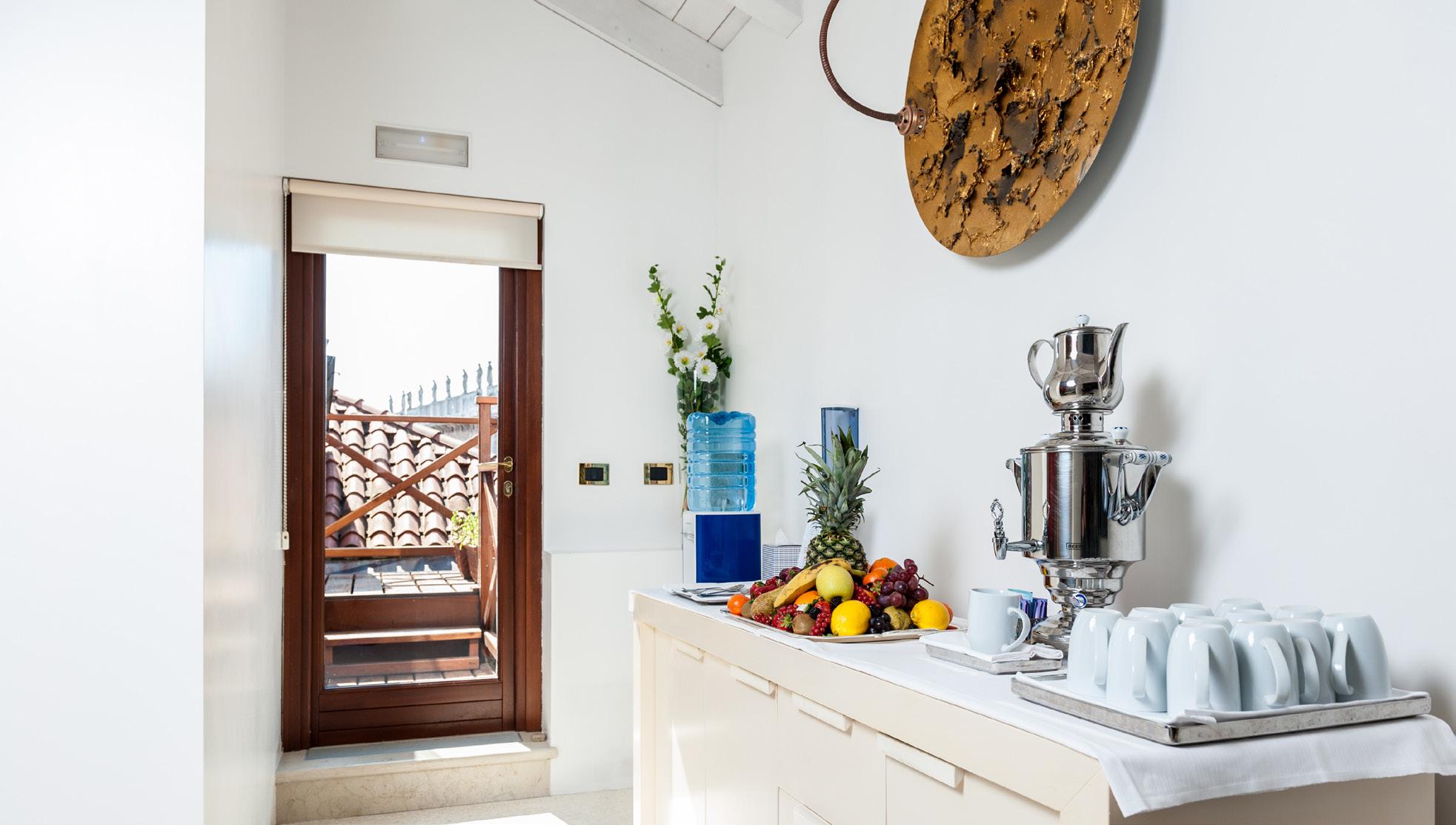

OUR CONTRIBUTION TO THE SUSTAINABLE DEVELOPMENT GOALS (SDG
s)
We are inspired by the United Nations 2030 Agenda, focusing our efforts on a number of Sustainable Development Goals (SDGs) that are particularly relevant to our business:
•SDG 3 – Good health and well-being:
We guarantee a safe and healthy environment for guests and employees, promoting physical and mental well-being through dedicated services and awareness initiatives.
• SDG 7 – Affordable and clean energy: we invest in efficient technologies and renewable sources to reduce energy consumption and CO2 emissions.
•SDG 8 – Decent work and economic growth: we offer stable, quality job opportunities, valuing the skills of our team and supporting the local economy.
•SDG 12 – Responsible consumption and production: we adopt sustainable procurement practices, minimise waste and encourage responsible behaviour among guests and staff.
•SDG 13 – Climate action:
We implement measures to mitigate the impact of our activities on the climate, contributing to the environmental resilience of our region.
We constantly monitor our results through internal audits and data analysis, taking prompt corrective action when necessary.
This approach allows us to continuously improve and actively contribute to a more sustainable future for Venice and our planet.

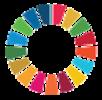

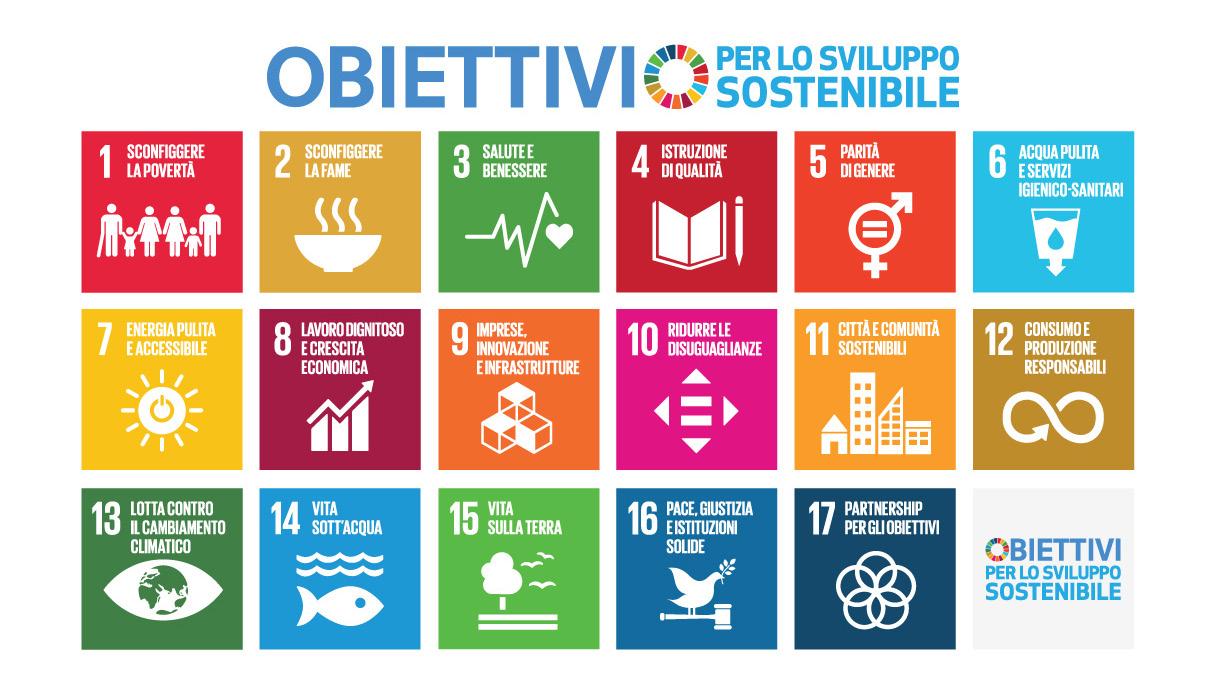
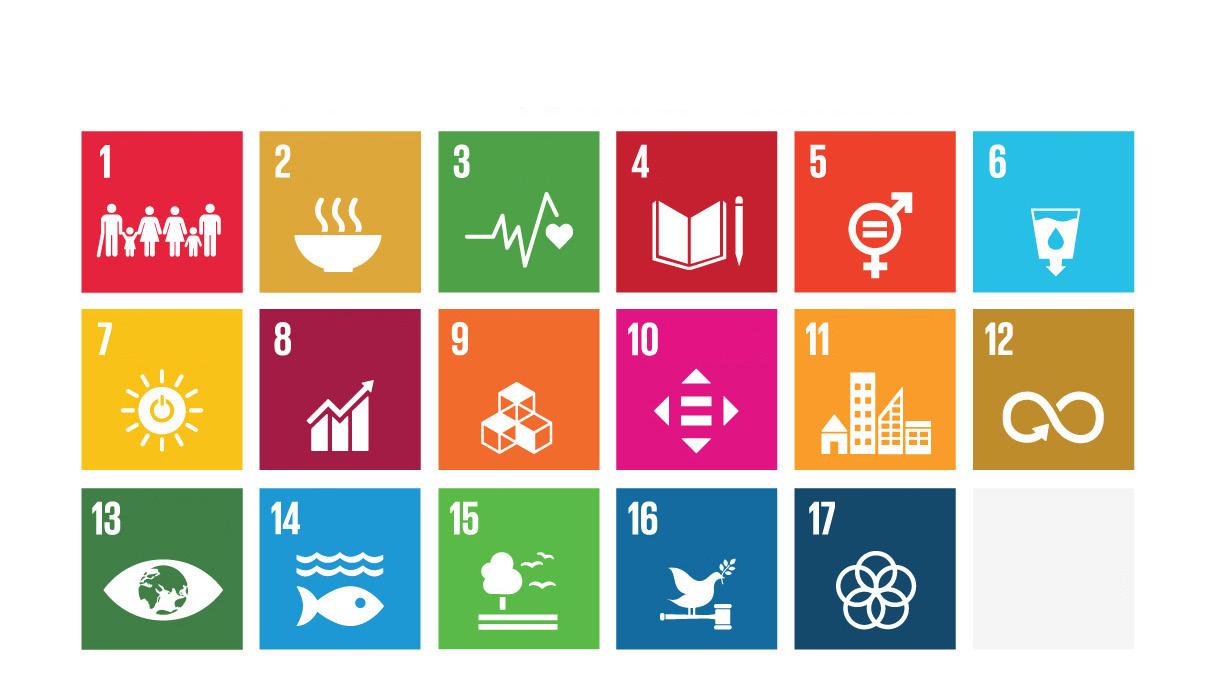
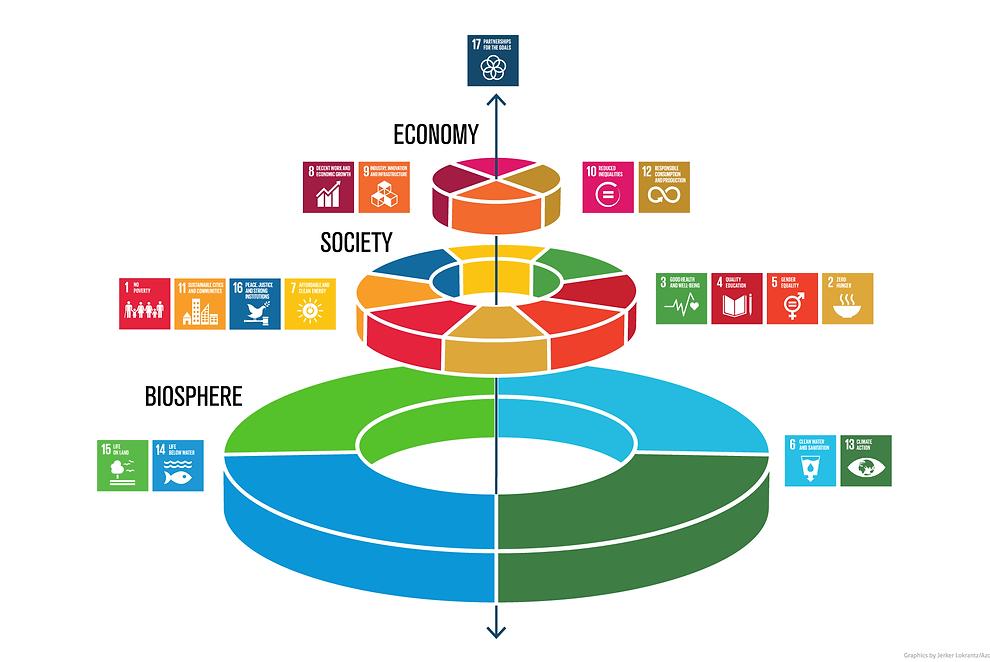
THEME IMPACT MANAGEMENT STAKEHOLDER SDG
GUEST SATISFACTION
PRIVACY PROTECTION
• Continuous search for new services and products to increase guest satisfaction and exceed their expectations
• Staff training
• Monitoring of privacy legislation developments through ongoing collaboration with external consultants
• Adoption of privacy procedures
• Organisation of regular training courses
SOIL CONSERVATION, NATURAL RESOURCES AND BIODIVERSITY
WATER RESOURCE WITHDRAWAL
• Establishment of partnerships with local authorities dedicated to the conservation and protection of the territory and biodiversity
• Efficient management of water resources and adoption of practices capable of reducing the withdrawal of drinking water for irrigation purposes and limiting its consumption (flow reducers installed on taps)
• Careful and timely management of separate waste collection
WASTE MANAGEMENT AND CIRCULAR ECONOMY
ENERGY EFFICIENCY AND ATMOSPHERIC EMISSIONS
• Raising awareness among employees about the concepts of reuse and recycling, starting with the best practice of waste reduction
• Raising guests' awareness of waste issues through dedicated information materials
• Continuous research into solutions for improving energy performance
• Investment in technological solutions for improvement
• CO2 emissions offsetting
• PROPERTY
• GUESTS
• COLLABORATORS
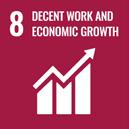
THEME IMPACT MANAGEMENT STAKEHOLDER SDG
ETHICAL AND RESPONSIBLE BUSINESS CONDUCT
• Dissemination of the Code of Ethics and programmes
• Transparent communication through the annual publication of the sustainability report (Hotel ai Reali prepares and publishes the sustainability report on a voluntary basis, as it is not subject to the obligations set out in Legislative Decree 254/16)
• GUESTS
• PROPERTY
• EMPLOYEES

• PROPERTY
• COLLABORATORS
• GUESTS
• MEDIA

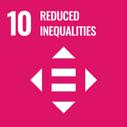
• LOCAL COMMUNITY
• GUESTS
• COLLABORATO RS
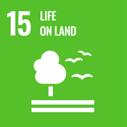
REGULATORY CONTEXT
• Monitoring of regulatory developments through ongoing collaboration with consultants specialising in various areas of business
• Active participation of management in debates, industry associations and institutions
• Monitoring of the economic context
GENERATION OF WORK INCOME
VALORISATION OF HUMAN RESOURCES
DIVERSITY, EQUITY AND INCLUSION
• Ongoing collaboration with specialist consultants in the economic and financial sector
• Implementation of internal and external training courses
• Implementation of incentive and reward systems
• Code of Ethics
• Training, communication and external engagement activities
• PROPERTY
• COLLABORATORS
• MEDIA
• PROPERTY
• LOCAL COMMUNITY
• COLLABORATORS
• GUESTS
• COLLABORATORS
• GUESTS
• MEDIA


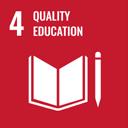


• LOCAL COMMUNITY
• EMPLOYEES
• GUESTS
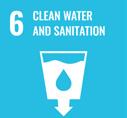
COMMUNICATION AND MARKETING MANAGER
SUSTAINABLE SUPPLY CHAIN
• Review of all marketing material by senior management
• Responsible management of the procurement of goods, services and works
• Promotion of local events, activities and products
• PROPERTY
• COLLABORATORS
• GUESTS
• MEDIA
• PROPERTY
• GUESTS
• SUPPLIERS
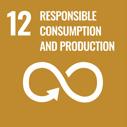
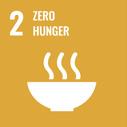
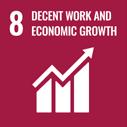

• • PROPERTY LOCAL COMMUNITY
• AFFILIATIONS AND PARTNERS

VALORISATION AND INVOLVEMENT OF LOCAL COMMUNITIES
• to guests through concierge service
• Promotion of local events, initiatives and services to the media through communication activities
• Adoption of specific procedures related to OHS
HEALTH AND SAFETY OF WORKERS
• Collaboration with external consulting firms specialising in OHS
• Training and information for employees
•
• GUESTS
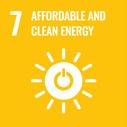
CLIMATE CHANGE
• Development of strategies to combat the effects of climate change
• PROPERTY
• GUESTS
• COLLABORATORS
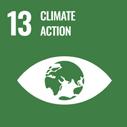
HUMAN RIGHTS
• Implementation of a supplier selection and qualification system
• Provision of programmes and services dedicated to the care
• LOCAL COMMUNITY
• GUESTS
• COLLABORATORS
• LOCAL COMMUNITY
• GUESTS
• EMPLOYEES
• COLLABORATORS
• GUESTS





AWARENESS OF GLOBAL WELLBEING
• the mental and physical health of guests
• Provision of "healthy cuisine" with a focus on the sustainability of the raw ingredients used and the health aspects of the dishes
• LOCAL COMMUNITY
• GUESTS
• COLLABORATORS
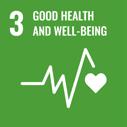

PALAZZO CORNER AI REALI ALLA FAVA
Housed in a historic building overlooking the Rio della Fava canal, our hotel is a perfect example of Venetian rebirth. The historic residence, which belonged to the Cornaro family and then to the Cavaliere Reali family, expresses the best of Renaissance architecture and Venetian merchant culture.
Every space in the building, from the frescoes to the monumental staircase, from the furnishings to the works of art, tells a story of elegance, innovation and connection with the city.

STRUCTURE BREAKDOWN: ROOMS AND SERVICES
ALLE CORONE RESTAURANT
The restaurant is open to both hotel guests and the general public. It offers its guests private access from the canal.
REALI WELLNESS SPA
An exclusive and refined sanctuary of wellness and relaxation located in the heart of Venice. The wellness area offers a gym, sauna, Turkish bath, sensory showers and a hot tub.
FREE WI-FI
Hotel guests have free access to Wi-Fi in their rooms and in the common areas.
CONCIERGE
Various activities designed specifically for hotel guests can be booked, including guided tours and gondola rides through the Venetian lagoon.

SUSTAINABILITYTHAT STEMSFROMOURVALUES
In 2024, we integrated our core values into every aspect of the hotel's operations:
PASSION
We love our work and take care of every detail with enthusiasm and professionalism.
RESPECT
We value inclusion and diversity, operating with respect for people and the environment.
SUSTAINABILITY
We implement concrete practices that reduce the impact of our activities and strengthen our ties with the community.
INNOVATION
We invest in cutting-edge technologies to improve the guest experience and make processes more efficient.
TRUST
We build transparent and lasting relationships with employees, customers and partners.

MISSION & VISION
MISSION
To offer guests experiences that recharge body and mind, thanks to a balance between authentic hospitality, Italian beauty and sustainability.
We want every guest to feel part of Venetian history, surrounded by care and quality.
VISION
To become a benchmark for quality tourism in Venice, capable of integrating excellence in our offering with respect for the environment, promoting local culture, innovation and widespread well-being.
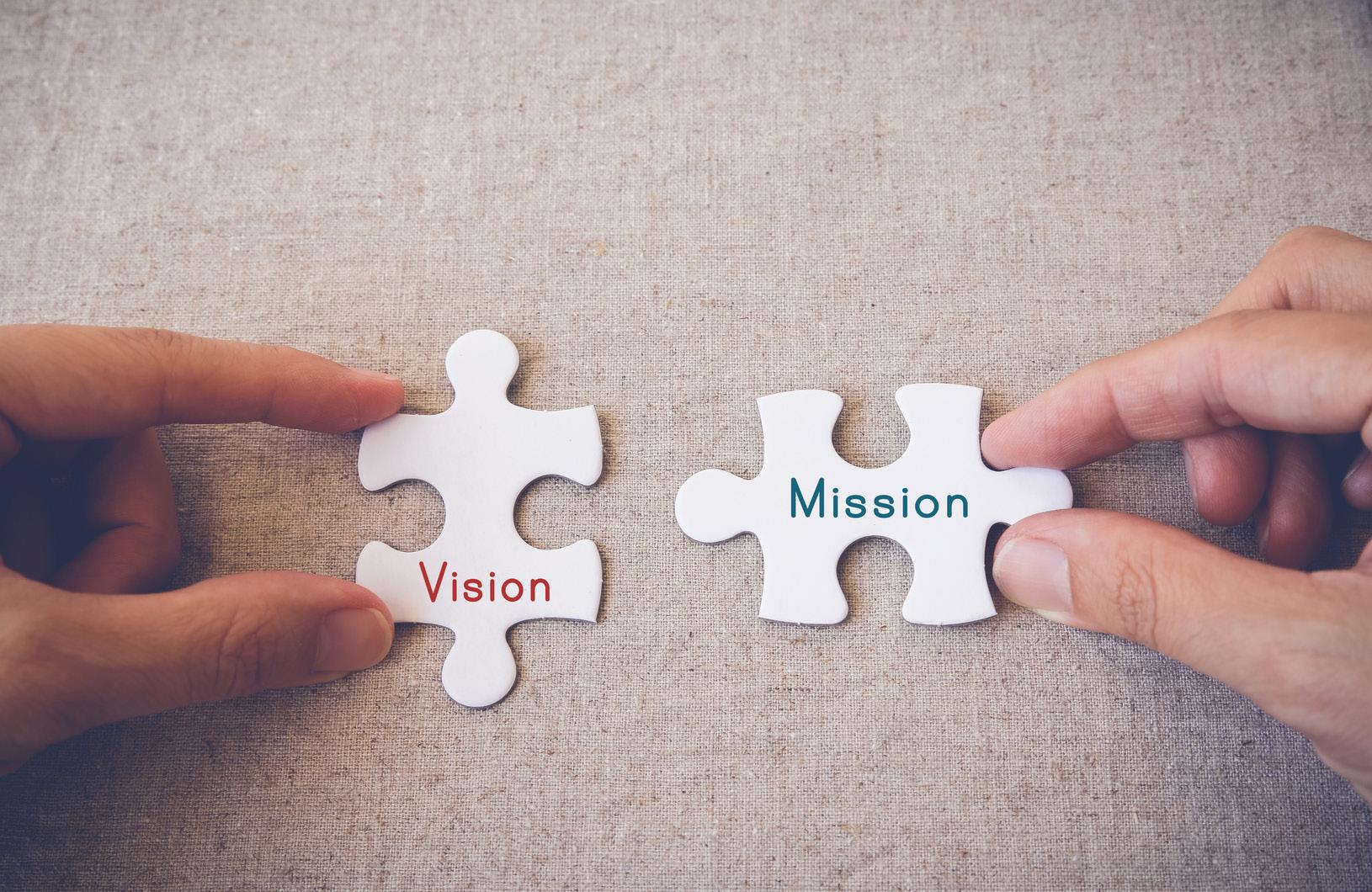

GOVERNANCE
OWNERSHIP AND TRANSPARENCY IN MANAGEMENT
The Hotel Ai Reali is wholly owned by ProvenGest S.r.l., which holds 100% of the share capital, equal to €10,000.00.
The corporate governance reflects a concentrated and responsible management model, which allows for a unified and consistent vision in the development of corporate strategies, particularly in terms of sustainability, innovation and quality of hospitality.
CORPORATE STRUCTURE
A SOLID AND TRANSPARENT ORGANISATIONAL STRUCTURE
The governance of Hotel Ai Reali is based on a clear, streamlined structure focused on operational excellence. The organisational model, updated in 2024, promotes coordination between strategic areas and ensures efficient and sustainable management of the hotel, in line with our values and objectives.

COMPANY ORGANISATION CHART
OPERATIONAL ORGANISATION CHART – HOTEL AI REALI
The organisation of the Hotel Ai Reali is based on professionals dedicated to ensuring a welcoming experience with attention to every detail:
FRONT OF HOUSE MANAGER
This is the first person to welcome guests upon their arrival. They handle checkin, assign rooms and provide useful information about the stay. They are the point of reference for any needs during the stay, ensuring a warm, efficient and professional welcome.
WAITERS
They work in the restaurant area, taking orders, serving food and drinks, and ensuring that every table is perfectly set. With kindness and attention to detail, they help to make every meal a pleasant and memorable experience.
MAÎTRE
Coordinates the entire dining room service, managing reservations, assigning tables and supervising staff. He is the main point of contact for guests, ready to respond courteously to every request, ensuring efficiency, order and a pleasant atmosphere.
HOUSEKEEPING MANAGER
Leads the cleaning team and oversees staff training, compliance with health and hygiene standards, and coordination with other departments. Also handles guest complaints, ensuring that the premises are always clean, tidy and safe environments.
MAINTENANCE MANAGER
Responsible for routine and non-routine maintenance of hotel facilities and equipment. Carries out regular inspections, responds to breakdowns and coordinates work with external suppliers. Ensures the proper functioning and safety of all areas.

CODE OF ETHICS
The adoption of the Code of Ethics by Hotel Ai Reali is a central reference point for company management, clearly defining the principles that govern expected behaviour within the organisation.
The document establishes criteria for conduct based on:
• Integrity and transparency
• Compliance with current regulations
• Protection of personal dignity and integrity
• Confidentiality, loyalty and professional fairness
The Code acts as a charter of fundamental rights and duties, placing corporate reputation at the centre as an essential element of internal cohesion and external trust. Particular attention is paid to:
• Environmental protection
• Health and safety in the workplace
• Promotion of an inclusive and non-discriminatory environment
Hotel Ai Reali rejects all forms of discrimination, including those based on gender, sexual orientation, ethnicity, language, religion, political opinions or personal and social conditions. Furthermore, all types of forced, compulsory or child labour are prohibited.
The Code of Ethics is an integral part of ongoing staff training, through meetings and refresher sessions aimed at promoting full adherence to its principles and maintaining high standards of behaviour.
These principles can be summarised as follows:

WHISTLEBLOWING AND VIOLATIONS
During the current year, no violations relating to active and passive corruption, anticompetitive practices or discrimination were recorded. Consequently, no disciplinary action was taken by the company. It should be noted that in FY 23-24 there were no cases of non-compliance with laws and regulations.
We are working to implement a whistleblowing procedure to promote greater sustainability in terms of:
Furthermore, the adoption of the directive has positive effects for Ai Reali employees, promoting:
• Greater confidence and sense of security in reporting issues;
• Strengthening of anti-discrimination and equal opportunity policies.

TRASPARENCY RISK MITIGATION !

IT REGULATIONS
The IT Regulations of Hotel Ai Reali govern the correct and secure use of the company's IT systems and digital resources. The document defines precise rules for accessing, managing and using information and electronic devices, with the aim of protecting data security and ensuring operational efficiency.
All employees are required to comply with the provisions of the policy, which prohibits the misuse of IT resources, including access to unauthorised content and the sending of non-compliant communications. Disciplinary sanctions are provided for in the event of a breach.
The protection of personal data is managed in accordance with Regulation (EU) 2016/679 (GDPR), ensuring that all processing is carried out in compliance with privacy regulations.
The regulation requires responsible behaviour, confidentiality in information management and attention to IT security, helping to protect the organisation from operational and reputational risks.


HEALTH AND SAFETY
ZERO ACCIDENTS IN 2024: A RESULT THAT SPEAKS OF CULTURE AND PREVENTION
In a sector where attention to detail makes all the difference, safety at work is an essential foundation. Protecting the physical and psychological health of employees and collaborators is not only a regulatory responsibility, but also a strategic commitment, an integral part of our vision of sustainable hospitality and excellence.
In 2024, there were no recordable accidents. This result reflects the effectiveness of our prevention system, but above all the widespread awareness among the people who work in our facilities every day.
A STRUCTURED AND SHARED SYSTEM
Health and safety management is entrusted to a clear organisational model based on defined responsibilities and certified skills. The system provides for constant monitoring and is structured through operational delegations that guarantee responsiveness, efficiency and compliance with the most up-to-date regulations.
KEY SAFETY ROLES
The Head of the Prevention and Protection Service (RSPP):
• Identifies risk factors within the workplace (e.g. equipment, substances, procedures).
• Assesses risks and proposes preventive and protective measures, regularly checking their effectiveness.
• Defines and coordinates training programmes to ensure that all employees are informed, prepared and empowered.
Company Management:
• Collaborates with the Prevention and Protection Service (SPP) in risk assessment, adopting corrective and preventive measures.
• Plans and carries out health surveillance to verify the suitability of workers for their assigned roles.
• Communicates the suitability of personnel, ensuring that each task is assigned in accordance with individual skills and abilities.
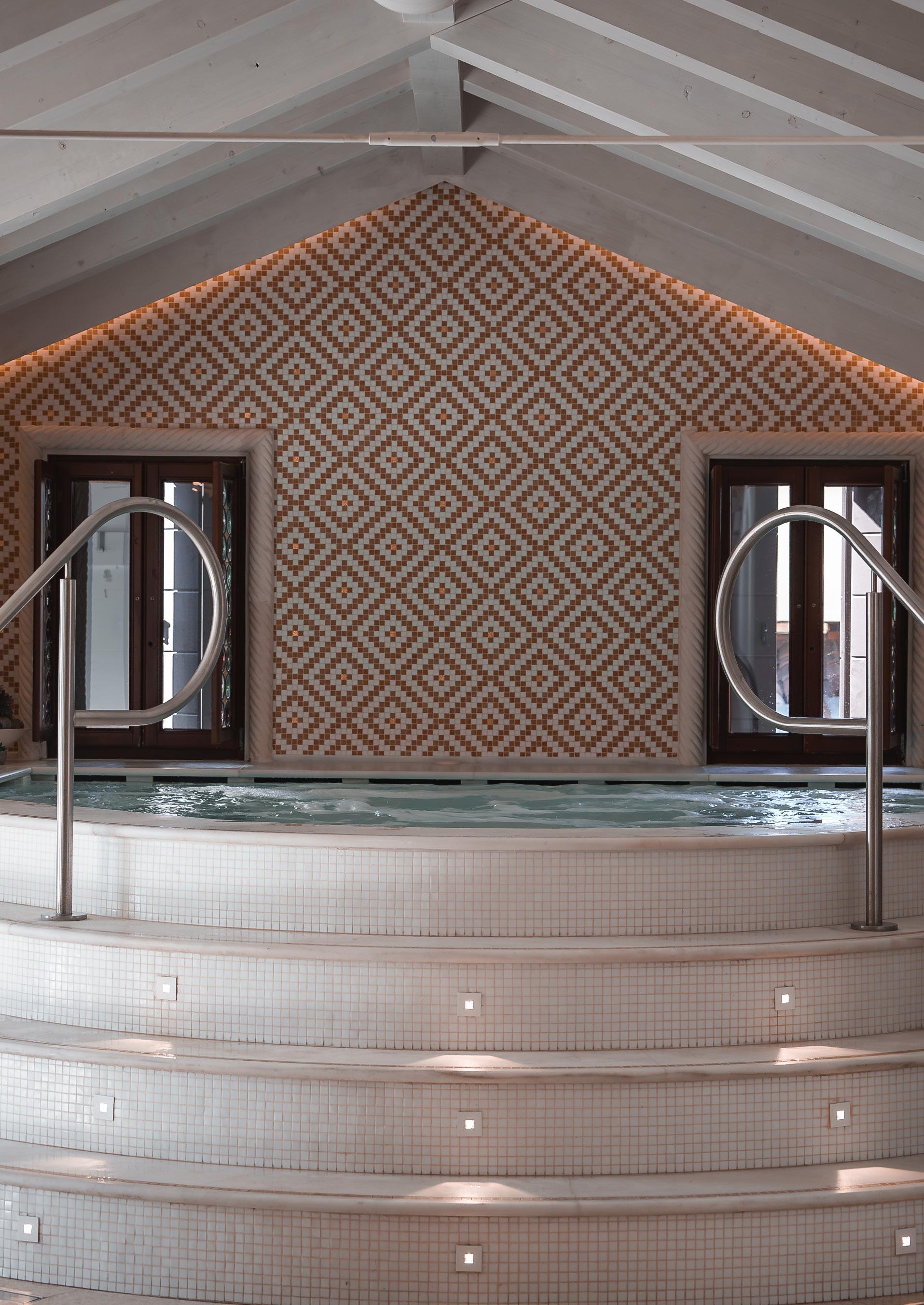
ECONOMIC, FINANCIAL AND ASSET IMPACT
MARKET CONTEXT – VENETO TOURISM 2024
The year 2024 marked another phase of growth and consolidation for the tourism sector in the Veneto region, confirming the positive trajectory that had already begun in the previous two years. The region’s attractiveness strengthened both in the domestic and international markets, supported by a diversified offering, high-quality services, and the enhancement of its natural and cultural heritage.
Data collected by the Federated Regional Tourism Observatory show a mature, resilient and constantly evolving system.
GENERAL TREND IN TOURIST FLOWS
During 2024, Veneto recorded 21.7 million arrivals (+3.3% compared to 2023) and 73.5 million overnight stays (+2.2%). Both indicators exceeded the pre-pandemic levels of 2019, consolidating the region's position among the leading European tourist destinations.
Growth remained steady throughout the year, with good performance in all seasons, aided by favourable weather conditions and increased accommodation capacity able to accommodate more diverse flows.
MARKET DYNAMICS: INTERNATIONAL AND DOMESTIC TOURISM
International tourism continued to be the predominant segment, accounting for over 69% of total overnight stays. Foreign tourist arrivals grew by 5.9%, while overnight stays increased by 4% compared to 2023.
Particularly significant increases were recorded in key markets such as Germany, France, the United States, Poland and China. Growing interest from the Chinese public, although not yet back to pre-pandemic levels, indicates signs of long-term recovery from non-European markets.
The domestic market remained stable, confirming the Italian public's loyalty to regional destinations. In particular, spa, hill and lake resorts attracted a steady flow of Italian visitors, thanks to their integrated offering of relaxation, nature and culture.

PERFORMANCE BY TYPE OF ACCOMMODATION
The non-hotel sector recorded more marked growth than the hotel sector: +6.5% in arrivals and +3.8% in overnight stays. This data confirms a growing preference for more flexible and personalised accommodation options, such as apartments, farmhouses and holiday homes. The average stay in the non-hotel sector was 4.6 nights, higher than that in hotels (2.4 nights), suggesting a slower and more in-depth enjoyment of the area.
TRENDS IN DESTINATIONS
All the main tourist areas in the region reported positive results. The Prosecco Hills saw a 9.2% increase in arrivals, while the Euganean Hills recorded a 0.3% increase in visitor numbers, reflecting the ongoing promotion of the Veneto hinterland.
Lake, mountain and seaside resorts exceeded pre-COVID tourist flow volumes, consolidating the territorial diversification of the offer.
Art cities, including Venice, while maintaining a strong international appeal, are showing signs of a rebalancing between mass tourism and conscious tourism, thanks in part to the adoption of local policies geared towards sustainability and flow control.
ONLINE REPUTATION AND VISITOR PROFILE
The main types of travellers are couples (47.9%), families (30.2%), groups of friends (11.3%) and solo travellers (10.2%). The languages most commonly used in digital content related to Veneto are Italian (57%), English (15.5%) and German (12.2%), in line with the composition of the reference markets.

ANALYSIS OF FINANCIAL DATA AND ECONOMIC PERFORMANCE
ECONOMIC AND FINANCIAL ANALYSIS OF THE HOTEL AI REALI
During 2024, Hotel Ai Reali confirmed its solid management capabilities, recording improved economic and financial performance compared to the previous year. The improvement in key economic indicators, combined with financial stability and a reduction in financial debt, demonstrates a business approach focused on sustainability, operational efficiency and the enhancement of human capital.
GROWTH IN PRODUCTION VALUE AND OPERATING MARGINS
Production value reached €6.9 million, up 13.9% compared to 2023. This increase is attributable to the consolidation of the hotel's reputation among high-end customers and the constant focus on the quality of the experience offered. At the same time, production costs stood at €6.4 million, with a proportionally lower increase than revenues, thus leading to a significant improvement in margins.
BITDA, amounting to €486,690, was up 36% on the previous year, demonstrating more efficient management and careful optimisation of internal resources.
and costs (in thousands of euros)


EXPENSESIMPROVED PROFITABILITY AND
Operating profit (EBIT) stood at €300,076, while net profit for the year reached €239,360, a significant increase compared to 2023. This result was achieved without any significant increase in financial expenses, a sign of prudent management focused on improving operating profitability and consolidating economic performance.
FINANCIAL SOLIDITY AND DEBT REDUCTION
The financial structure of Hotel Ai Reali remains balanced and solid. Net equity amounts to €6.67 million, a slight increase compared to the previous year. The net financial position, equal to -€782,577, has improved compared to the figure recorded in 2023, equal to -€1,086,845, indicating a gradual reduction in debt.
STABILITY OF INVESTMENTS AND MANAGEMENT CONTINUITY
The value of net tangible fixed assets remained stable at around €10.2 million, confirming an already consolidated real estate structure that is fully functional for hotel operations. No significant new investments were made during the year, in line with a strategy of stabilisation and optimisation of existing assets.
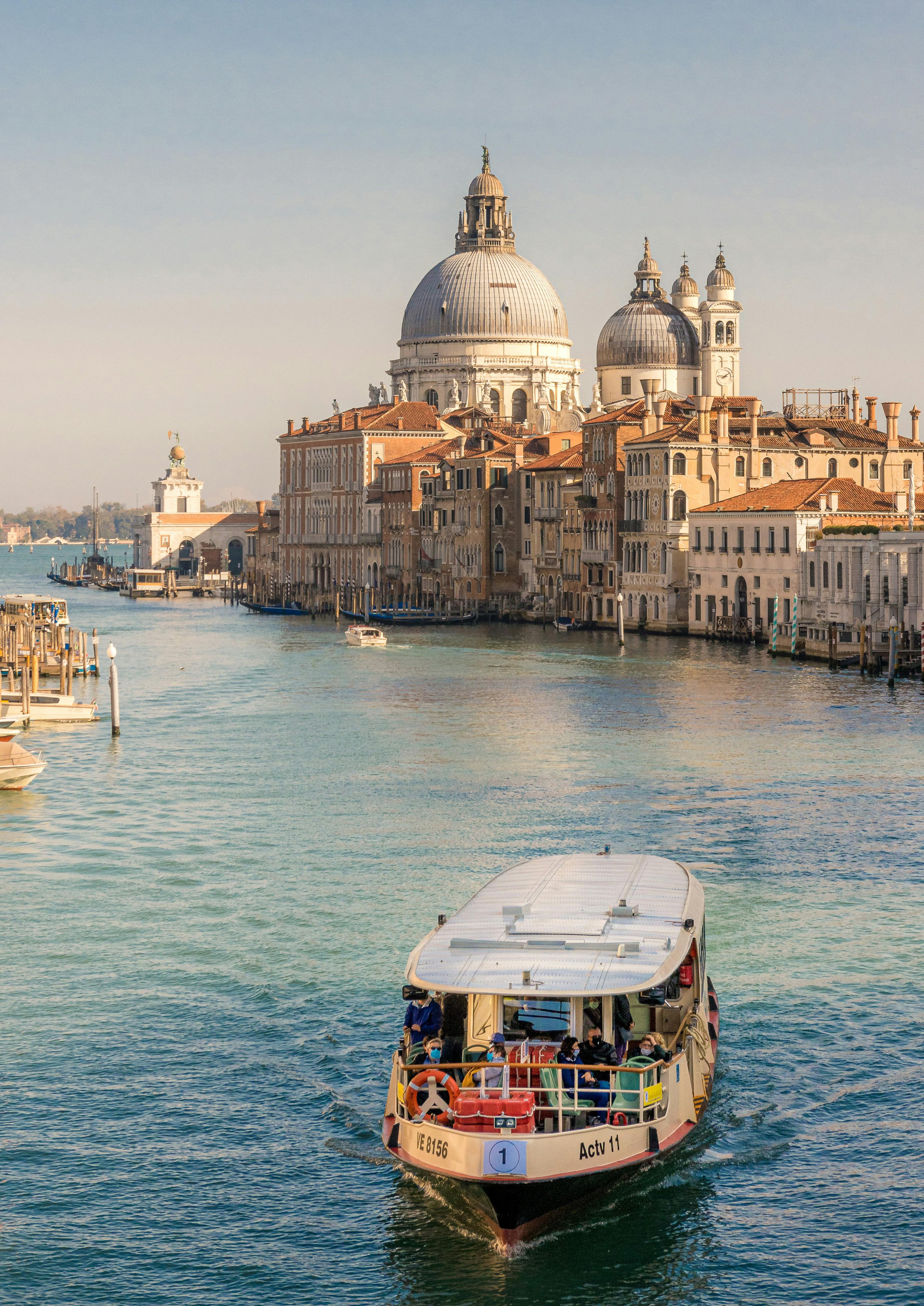
IMPROVING ECONOMIC AND FINANCIAL INDICATORS
The improvement in economic performance is further confirmed by financial indicators:
• ROS (Return on Sales) stands at 4.3%, compared to 3% in 2023;
• ROE (Return on Equity) rose to 3.6%, improving the profitability of equity capital;
• The NFP/EBITDA ratio fell to 1.6x, demonstrating lower financial exposure and greater operational autonomy.
KEY INDICATORS

SOCIAL IMPACT
In a structure such as the Hotel Ai Reali, social impact is measured first and foremost in the quality of human relations: between colleagues, between teams and guests, between the organisation and the local area.
Human resources management is not just a support function, but a strategic axis that directly influences the reputation, efficiency and sustainability of the hotel.
In 2024, the staff consists of 36 employees, distributed evenly in terms of gender and origin:
These figures reflect a truly inclusive reality, where diversity is not just a slogan but a structural component of human capital. The balance between local people and international profiles represents an operational and cultural asset, which is reflected in the quality of service and adaptability of the structure.

A STREAMLINED STRUCTURE, A COMPLEX ORGANISATION
The Hotel Ai Reali is a complex organisation that requires coordination, autonomy and specialist skills in every area: from reception to catering, from the spa to the technical department.
The presence of apprentices, protected categories and highly specialised workers demonstrates an inclusive and responsible employment policy, capable of integrating individual and organisational needs.
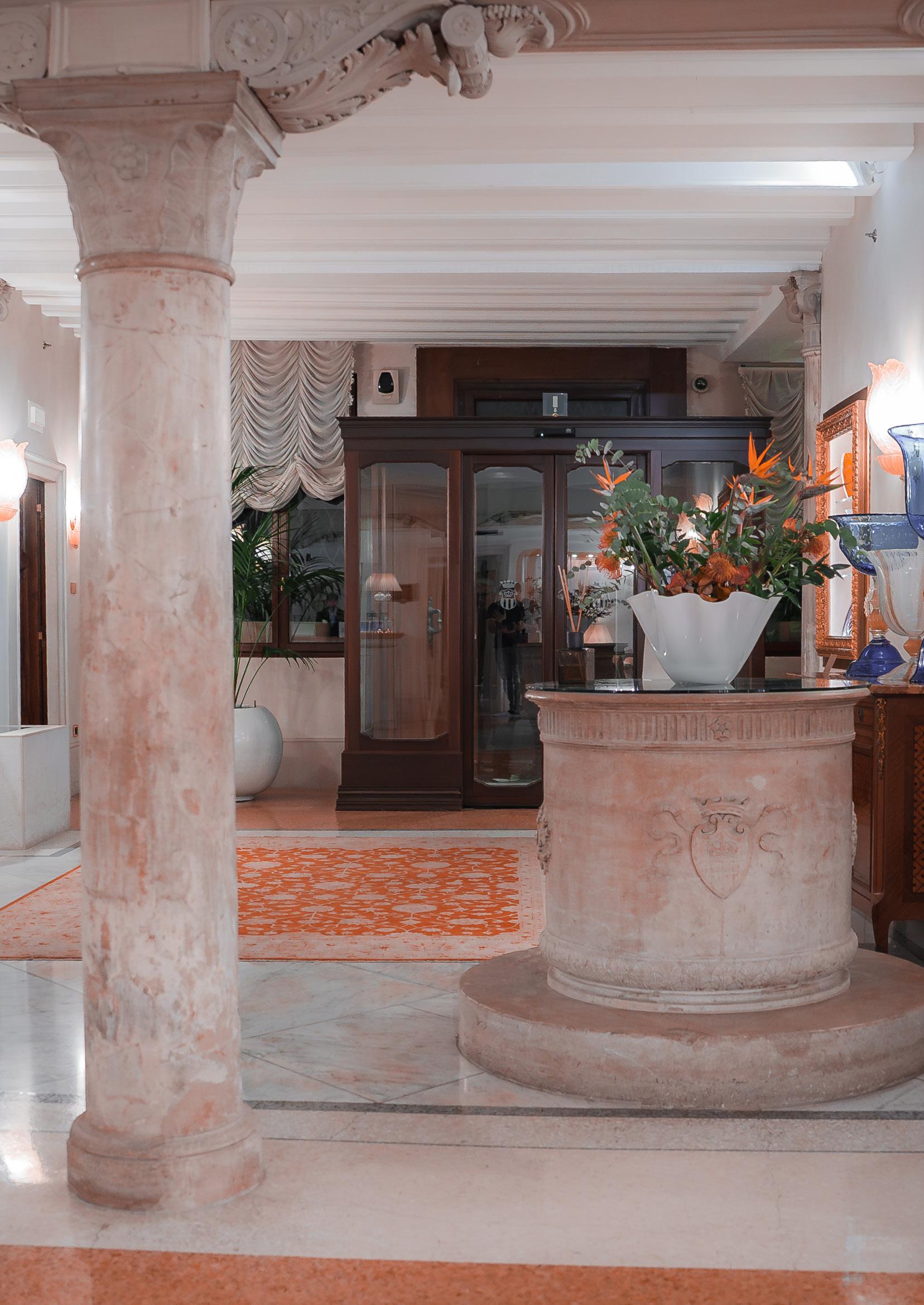

A CONSCIOUS CORPORATE CULTURE
At Hotel Ai Reali, inclusivity is not an abstract aspiration but a daily practice. The absence of cultural or role barriers, mutual respect and the balance between personal identities and corporate objectives create a cohesive and motivating professional environment.
This is reflected in guest satisfaction, but also in the company's reputation as an employer.

TRAINING AND DEVELOPMENT
STAFF TRAINING AND DEVELOPMENT 2024
During 2024, Hotel Ai Reali confirmed its commitment to continuous training, involving numerous employees in compulsory and specialist training activities.
The objective remains to ensure regulatory compliance, workplace safety and the constant updating of technical and operational skills.
TRAINING COURSES ACTIVATED
The training covered all the main operational areas of the facility and was divided into the following areas:
• General and specific training (low risk): involving over 30 employees, including chefs, waiters, porters, beauticians, cleaners and administrative staff.
• Fire safety course
• First aid
• Supervisors
• HACCP
• RLS (Workers' Safety Representative)
• Technical suitability VVF

ORIGIN OF GUESTS
Analysis of data relating to the origin of visitors to the Hotel Ai Reali in Venice shows a clear predominance of international guests, with a strong incidence of North American and European markets.
In particular, the top three nationalities most represented are:
• United States: 48.1%
• United Kingdom: 9.3%
• France: 7.5%
These three countries alone account for over 64% of total visitors, confirming the appeal of the hotel to an English-speaking and European audience.
They are followed, with lower percentages, by Italy (3.9%), Germany (3.1%), Brazil (3.0%) and Switzerland (2.0%). Smaller shares come from Canada, Russia and Spain, all with a presence of less than 2%.
The "others" category (which includes all nationalities with less than 1% each) still accounts for 19% of the total, demonstrating the great international variety that characterises the hotel's clientele.
The concentration of American guests is particularly significant and can be interpreted as a sign of strong interest in the US market for high-end stays in historic and central locations such as Venice. Similarly, European guests indicate widespread appreciation across the continent for the hotel's offering, which combines modern comfort with Venetian charm.

ORIGIN OF GUESTS

ENVIRONMENTAL IMPACT
Over the three-year period considered, analysis of water, electricity and natural gas consumption at the Hotel Ai Reali provides an accurate picture of trends in resource use, which is useful for guiding optimisation and environmental monitoring strategies.
WATER CONSUMPTION
Water consumption has shown a gradual reduction:
•9,500 m³ in 2022
•8,500 m³ in 2023
•8,204 m³ in 2024
The overall decrease over the three-year period is 13.6%, with a more marked decline between 2022 and 2023 (-10.5%) and a more moderate change between 2023 and 2024 (-3.5%). This steady trend suggests a process of constant improvement in water consumption management.

ENERGY CONSUMPTION
The data relating to energy consumption show a non-linear trend:
•517,765 kWh in 2022
•492,000 kWh in 2023
•620,664 kWh in 2024
After a 5% reduction between 2022 and 2023, there is a significant increase in 2024, equal to 26.1% compared to the previous year. This value marks the peak of the three-year period, with consumption even higher than the initial figure for 2022 (+19.8%).
The fluctuation suggests that a more in-depth analysis of the operational and structural factors that may have influenced this increase is needed.

METHANE GAS CONSUMPTION
Methane gas consumption remained more stable, with values varying moderately over the three-year period:
•33,000 Smc in 2022
•35,772 Smc in 2023
•35,000 Smc in 2024
The increase recorded between 2022 and 2023 (+8.4%) is followed by a slight contraction of 2.2% in 2024.
Overall, consumption in 2024 is still 6% higher than in 2023, showing substantial stability without any particular critical deviations.

WASTE MANAGEMENT - PAPER CONSUMPTION
Monitoring paper consumption is one of the concrete actions that Hotel Ai Reali is taking to reduce the environmental impact of its office and operational activities.
WHITE PAPER (80 G/M²)
• 2022: 135 reams of 500 sheets
• 2023: 105 reams of 500 sheets
• 2024: 105 reams of 500 sheets
After a significant reduction between 2022 and 2023 (-22%), the figure for 2024 remains stable.
This result reflects the consolidation of more efficient practices and a more conscious use of standard paper.
IVORY PAPER (SPECIAL WEIGHT, CREAM COLOUR)
• 2022: 20 reams of 200 sheets (200 g/m²)
• 2023: 10 reams of 200 sheets (200 g/m²) + 4 reams of 125 sheets (140 g/m²)
• 2024: 10 reams of 200 sheets (200 g/m²) + 4 reams of 125 sheets (140 g/m²)
The consumption of ivory paper fell sharply between 2022 and 2023 (–31%) and remained unchanged in 2024.
The diversification of weights introduced in 2023 (with the addition of 140 g/m² paper) is confirmed, suggesting a rationalisation of use according to actual needs.
COMPARATIVE SUMMARY

The trend in paper consumption between 2022 and 2024 shows a consolidated trend towards reduction and containment, both for standard office materials and for special materials.
Maintaining 2023 levels throughout 2024 demonstrates efficient and well-established management, consistent with the hotel's environmental sustainability objectives.
Comparative summary (no. of sheets)

GRI 1: FUNDAMENTAL PRINCIPLES 2021
GRI 2: GENERAL INFORMATION 2021 THE ORGANISATION AND ITS REPORTING PRACTICES
2-1 Organisational details
2-2 Entities included in the organisation's sustainability reporting
2-3 Reporting period, frequency and point of contact
2-4 Information review
2-6 Activities, value chain and other business relationships (activities, products, services and markets served, supply chain, etc.)
2-7 Employees (number of employees by employment contract – permanent, temporary, full-time, part-time – broken down by gender and geographical area)
2-8 Non-employees (number of non-employees whose work is controlled by the organisation, specifying the most common types of contractual relationships and work performed)
2-9 Governance structure and composition (including committees of the highest governance body, executive and non-executive members, etc.)
2-10 Appointment and selection of the highest governance body (describing the criteria used, independence, competence, etc.)
2-11 Chair of
(indicate
has an executive role, their management functions, the reasons for this arrangement and how conflicts of interest are prevented and mitigated)
2-12 Role of the highest governance body in managing impacts (including the role of the highest governance body and senior managers in developing, approving and updating strategies, policies and objectives on sustainable development, etc.)
2-13 Delegation of responsibility for impact management (how the highest governance body delegates responsibility for managing the organisation's impacts on the economy, the environment and people, etc.)
2-14 Role of the highest governance body in sustainability reporting
2-15 Conflicts of interest (describe the processes of the highest governance body to ensure that conflicts of interest are prevented and mitigated, etc.)
2-16 Communication of critical issues (whether and how critical issues are communicated to the highest governance body, etc.)
2-17 Collective knowledge of the highest governance body (measures taken to increase knowledge and experience on the topic of sustainable development)
2-18 Performance evaluation of the highest governance body (in controlling the organisation's impacts on the economy, environment and people)
2-19 Remuneration policies (for members of the highest governance body and senior management)
2-20 Remuneration determination process
2-21 Total annual remuneration ratio (ratio of the total annual remuneration of the highest-paid person to the average total annual remuneration of all employees, excluding that person; ratio of the percentage increase in the total annual remuneration of the highest-paid person to the average percentage increase in the total annual remuneration of all employees, excluding that person)
STRATEGY,
POLICIES AND PRACTICES
2-22 Statement on sustainable development strategy (statement by the highest governing body or most senior manager on the importance of sustainable development and the strategy to contribute to it)
2-23 Policy commitment
2-24 Integration of policy commitments
2-25 Processes for addressing negative impacts
2-26 Mechanisms for requesting clarification and raising concerns (description of procedures for requesting clarification on the implementation of policies and practices for responsible business conduct; raising concerns about business conduct)
2-27 Compliance with laws and regulations (including the total number of significant cases of non-compliance with laws and regulations; total number and monetary value of fines paid for non-compliance)
2-28 Membership in associations (industry, trade, or other associations in which the organisation participates with a significant role)
GRI 3: MATERIAL TOPICS 2021
3-1 Process for determining material topics
3-2 List of material topics
SPECIFIC STANDARDS AND MATERIAL DISCLOSURES
GRI 201: ECONOMIC PERFORMANCE 2016
201-1 Direct economic value generated and distributed (including revenue, operating costs, employee wages and benefits, payments to the public administration and investments in the community)
201-2 Financial implications and other risks and opportunities resulting from climate change
201-3 Obligations relating to benefit plans and other pension plans
201-4 Financial assistance received from government
GRI 203: INDIRECT ECONOMC IMPACTS 2016
2-29 Approach to stakeholder engagement (including a description of the categories of stakeholders and how they are identified; the purpose of engagement and how the organisation ensures their engagement)
2-30 Collective bargaining agreements (indicate the percentage of employees covered by collective bargaining agreements; indicate how working conditions are determined for workers not covered by collective bargaining agreements)
203-1 Infrastructure investments and services supported (indicate the scope of significant infrastructure investments and services funded; current or expected impacts on local economies, including positive and negative impacts; whether these investments and services are commercial, in-kind, or pro bono commitments)
203-2 Significant indirect economic impacts (provide examples of significant indirect economic impacts identified by the organisation, including positive and negative impacts, etc.)
GRI 204: PROCUREMENT PRACTICES 2016
204-1 Proportion of expenditure made with local suppliers (in relation to the most significant operating locations)
GRI 205: ANTI-CORRUPTION 2016
205-1 Operations assessed for risks related to corruption (indicate the number and percentage of operations assessed for risks related to corruption)
205-2 Communication and training on regulations and procedures (indicate the number and percentage of members of the governing body and employees who have been informed of anti-corruption policies and procedures)
205-3 Confirmed incidents of corruption and actions taken (indicate total number and nature of confirmed incidents of corruption, etc.)
GRI 206: ANTI-COMPETITIVE BEHAVIOUR 2016
206-1 Legal actions related to anti-competitive behaviour, trust activities and monopolistic practices (number of legal actions pending or concluded during the reporting period related to anti-competitive behaviour and violations of antitrust and monopolistic practices regulations)
GRI 301: MATERIALS 2016
301-1 Materials used by weight or volume (materials used to produce and package primary products and services, broken down into non-renewable and renewable materials)
301-2 Recycled input materials used
GRI 302: ENERGY 2021
302-1 Energy consumption within the organisation
302-2 Energy consumption outside the organisation
302-3 Energy intensity
302-4 Reduction in energy consumption
302-5 Reduction in energy requirements of products and services
GRI 303: WATER AND EFFLUENTS 2018
303-1 Interaction with water as a shared resource
303-2 Management of impacts related to water discharge
303-3 Water withdrawal
303-4 Water discharge
303-5 Water consumption
GRI 304: BIODIVERSITY 2016
304-1 Operational sites owned, leased, or managed in protected areas and areas of high biodiversity value outside protected areas or adjacent to them
304-2 Significant impacts of activities, products and services on biodiversity
304-3 Habitats protected or restored
304-4 Species on national conservation lists with habitats in areas affected by operations
GRI 305: EMISSIONS 2016
305-1 Greenhouse gas emissions
GRI 306: WATER DISCHARGE AND WASTE 2016
306-2 Waste by type and disposal method
GRI 306: WASTE 2020
306-1 Waste generation and significant impacts related to waste
306-2 Management of significant impacts related to waste
306-3 Waste generated
306-4 Waste not sent to landfill
306-5 Waste sent to landfill
GRI 308: ENVIRONMENTAL ASSESSMENTS OF SUPPLIERS 2016
Benefits for full-time employees that are not available to fixed-term or part-time employees
401-3 Parental leave (including return-to-work rate and retention rate of employees who took parental leave, by gender)
GRI 402: LABOUR PRACTICES AND TRADE UNION RELATIONS 2016
402-1 Minimum notice periods for operational changes (specifying whether or not these conditions are included in collective bargaining)
GRI 403: OCCUPATIONAL HEALTH AND SAFETY 2018
403-1 Occupational health and safety management system
403-2 Hazard identification, risk assessment and accident investigation
403-3 Occupational health services
403-4 Worker participation and consultation on occupational health and safety programmes and related communication
308-1 New suppliers selected using environmental criteria (indicate percentage)
308-2 Adverse environmental impacts in the supply chain and actions taken
GRI 401: EMPLOYMENT 2016
401-1 New employee hires and employee turnover (indicate the total number and turnover rate of staff and new employees and employee turnover, broken down by age, gender and geographical area) 67
403-5 Worker training on occupational health and safety
403-6 Promotion of workers' health
403-8 Workers covered by an occupational health and safety management system
403-9 Occupational accidents 403-10 Occupational diseases
GRI 404: TRAINING AND EDUCATION 2016
404-1 Average number of training hours per employee per year
404-2 Employee skills upgrade and transition assistance programmes
404-3 Percentage of employees receiving regular performance and career development reviews
GRI 405: DIVERSITY AND EQUAL OPPORTUNITY 2016
405-1 Diversity in governance bodies and among employees (reporting the percentage of governance body members and employees by gender, age group and other indicators of diversity, if relevant)
405-2 Ratio of basic salary and remuneration of women to men (for each employee category)
GRI 406: NON-DISCRIMINATION 2016
406-1 Incidents of discrimination and corrective measures taken
GRI 413: LOCAL COMMUNITIES 2016
413-1 Operations involving the local community, impact assessments and development programmes (indicate percentage)
413-2 Operations with significant actual and potential impacts on local communities
GRI 414: SOCIAL ASSESSMENT OF SUPPLIERS
2016
414-1 New suppliers that were selected using social criteria (indicate percentage)
414-2 Negative social impacts in the supply chain and actions taken
GRI
416: CUSTOMER HEALTH AND SAFETY 2016
416-1 Assessment of health and safety impacts by product category and service (indicate the percentage of significant product categories and services for which impacts are assessed)
416-2 Incidents of non-compliance regarding the health and safety impacts of products and services (specifying whether they resulted in a fine, penalty, or warning)
GRI 417: MARKETING AND LABELLING 2016
417-1 Labelling requirements and information on products and services
417-2 Incidents of non-compliance concerning labelling and information on products and services (specifying whether they resulted in a fine, penalty or warning)
417-3 Incidents of non-compliance concerning marketing communications (specifying whether they resulted in a fine, penalty or warning)
GRI
418: CUSTOMER PRIVACY 2016
418-1 Substantiated complaints regarding breaches of customer privacy and losses of customer data (received from third parties and confirmed by the organisation or regulatory authorities)
HOTEL AI REALI DI VENEZIA
Part. IVA 04122860275
R.E.A. VE 367353
CIN IT027042A1R3SCYXY8
Castello, Campo della Fava 5527 30122 Venice
Tel. +39 041 241 02 53 Fax. +39 041 241 55 62 EMAIL info@hotelaireali.com
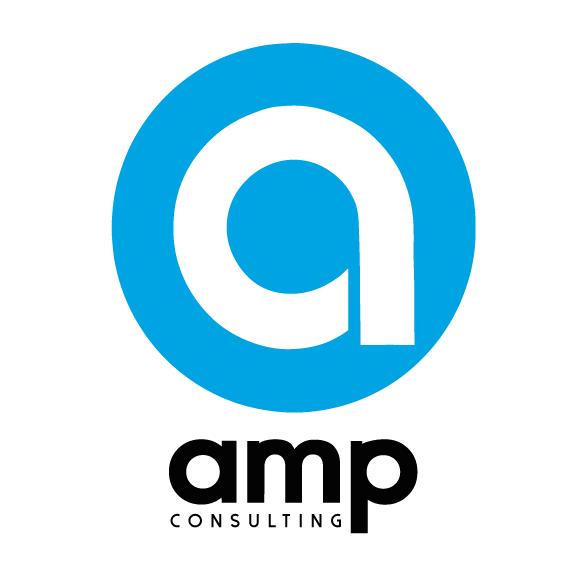
AMP Consulting Srl
Via dell’Industria 37, Vicenza (VI) - 36100
+39 0444 925950 info@ampconsulting.it
Dott. Daniele Mazzonetto Tommaso D’Este


